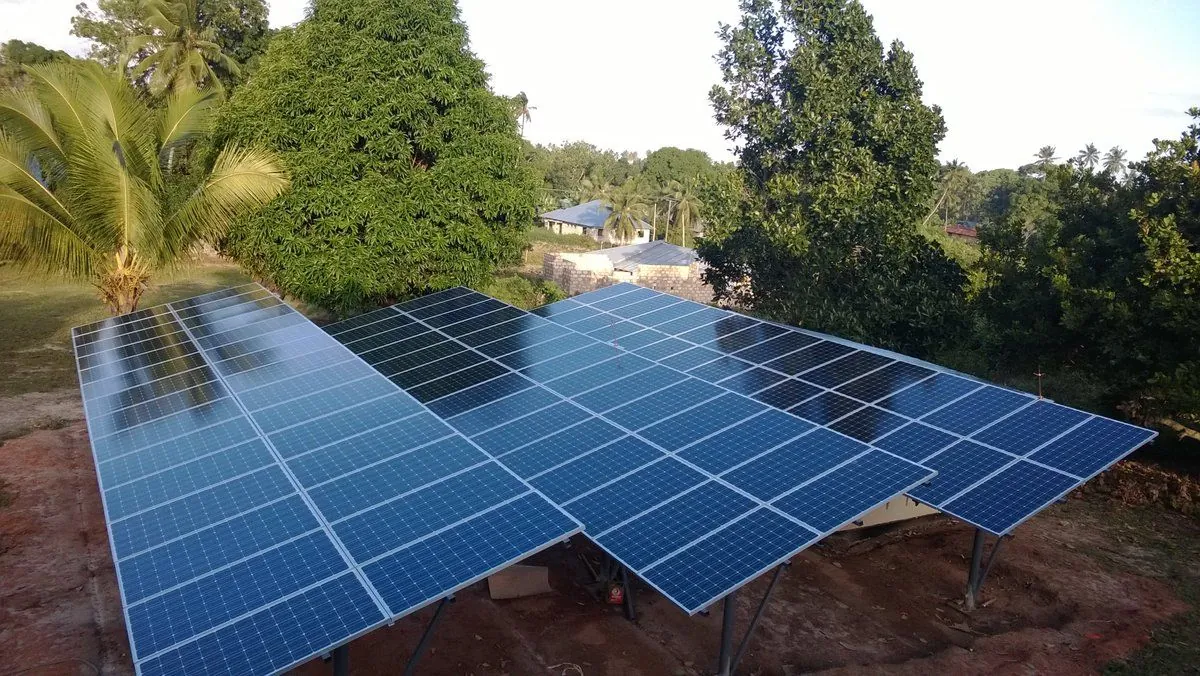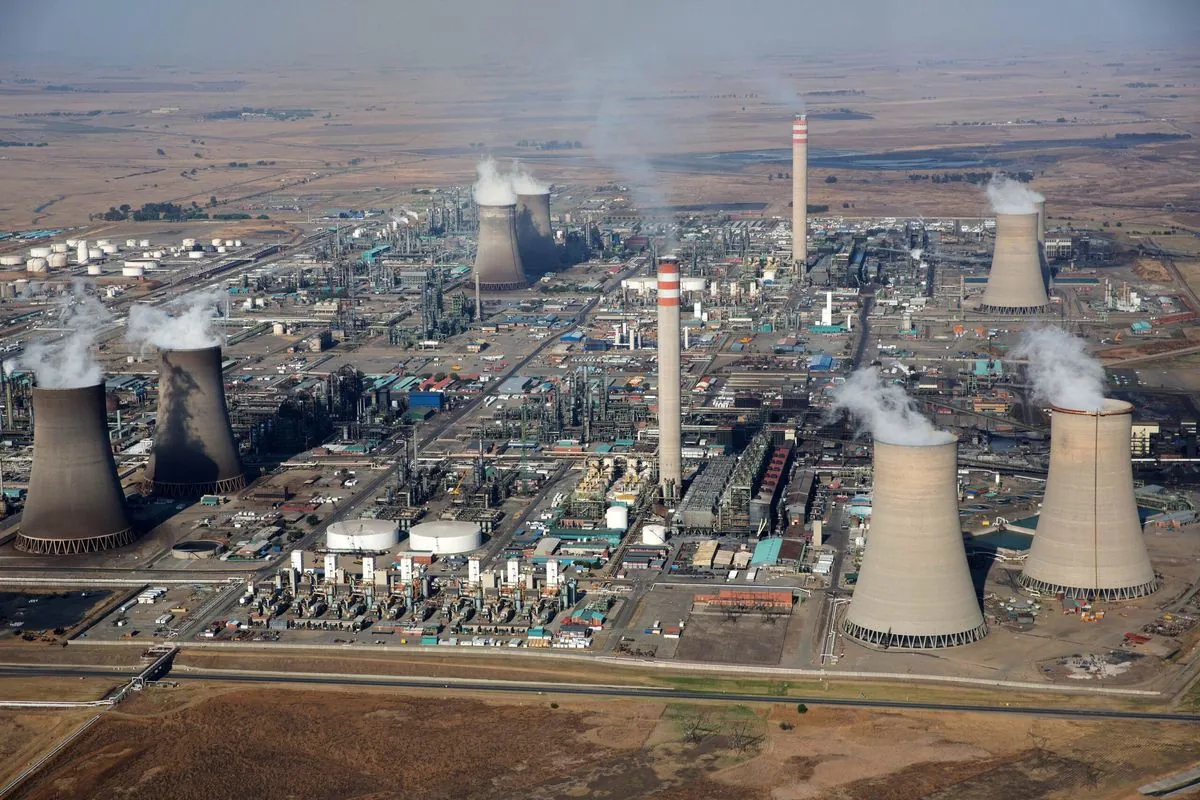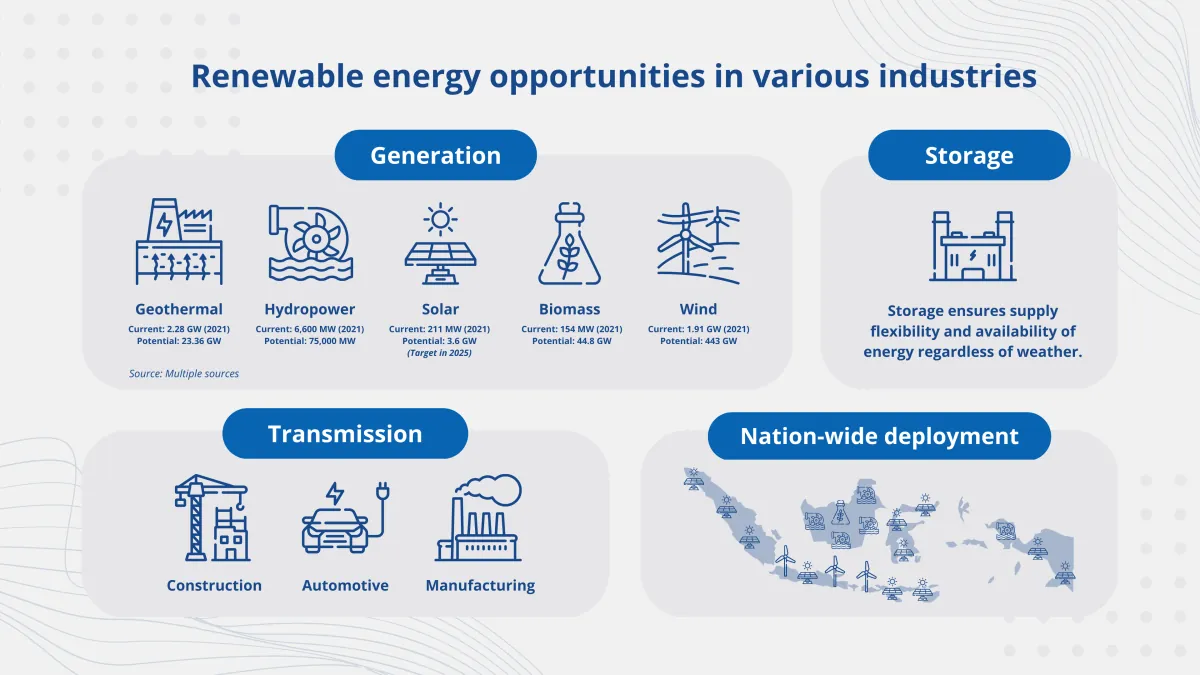G7-Backed Clean Energy Transition Faces Hurdles in Developing Nations
G7-supported JETP program encounters challenges in developing countries. South Africa, Indonesia, Vietnam, and Senegal struggle with implementation and fund disbursement for ambitious carbon reduction goals.

The Just Energy Transition Partnership (JETP), a G7-backed initiative aimed at assisting developing nations in reducing carbon emissions, is encountering significant obstacles. This program, which involves countries such as South Africa, Indonesia, Vietnam, and Senegal, has faced challenges in implementation and fund disbursement despite ambitious targets for emissions reduction and renewable energy adoption.
South Africa, the first country to secure a JETP deal in 2021, received an $8.5 billion pledge to enhance its emissions reduction efforts by 2030. The plan aims to cap emissions between 350 million and 375 million metric tons of carbon dioxide equivalent (CO2e) annually by 2030. However, achieving these targets seems unlikely due to the country's ongoing power supply crisis. A UK government report from December 2023 indicated that South Africa is reassessing its schedule for decommissioning coal-fired power plants, which currently provide about 80% of the country's electricity.

Indonesia, the world's largest coal exporter, secured the most substantial JETP financing pledge of $20 billion in late 2022. The Southeast Asian nation aims to reduce its annual carbon emissions from the on-grid power sector to 250 million tons of CO2e by 2030 and increase renewable energy's share in its power mix to 44%. Despite these ambitious goals, fund disbursement has been minimal. As of June 2024, only $144.6 million in ongoing projects were funded by grants and technical assistance, according to the JETP Secretariat in Indonesia. This figure excludes a commitment of up to $126 million from the U.S. government for a geothermal power firm in May 2024.
Vietnam, which received a $15.5 billion JETP financing pledge in late 2022, aims to reach peak greenhouse gas emissions from its power sector by 2030, five years earlier than initially projected. The country plans to cap the power sector's annual CO2 emissions at 170 million tons by 2030 and 101 million tons by 2050. Vietnam launched its JETP investment plan at COP28 in Dubai last year and has since identified 220 investment projects and 60 working groups to mobilize the funds.
Senegal, the fourth country to secure a JETP financing pledge, received a commitment of 2.5 billion euros ($2.8 billion) from European Union countries in June 2023. Under this agreement, Senegal aims to increase the share of renewables in its energy mix to 40% by 2030, up from 29% in 2022. The country is expected to release a detailed investment plan this year.
"The persistent power supply crisis has led South Africa to reassess the schedule for decommissioning coal-fired power plants."
While the JETP initiative shows promise in supporting developing nations' transition to cleaner energy, its implementation faces numerous challenges. These countries must balance their JETP goals with immediate energy needs and economic priorities. The slow progress in fund disbursement and project implementation highlights the complexities of such large-scale transitions in developing economies.
As the world strives to meet the Paris Agreement's goal of limiting global warming to well below 2°C, initiatives like JETP play a crucial role in supporting developing nations' efforts to reduce their carbon footprints. However, the success of these programs will depend on overcoming implementation hurdles and ensuring that the transition to clean energy aligns with each country's unique economic and energy security needs.



































